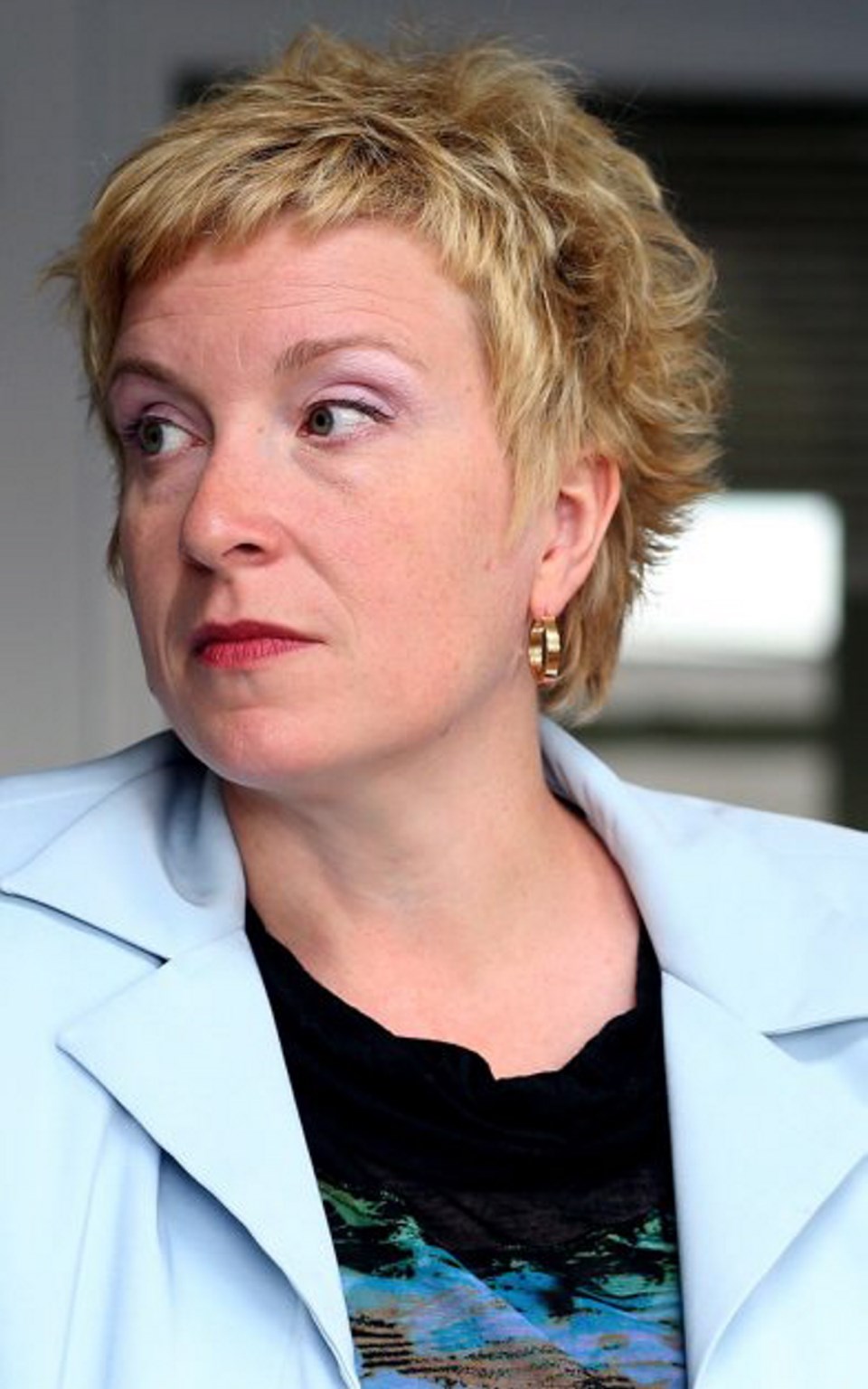A drop-in centre that provided a safe, non-judgmental place for Victoria sex workers for almost two decades has closed. PEERS, the non-profit society that ran the centre, has also cut its Elements pre-employment program.
These are the latest casualties in a series of cuts due to a complicated restructuring of funding that began about six years ago with a shift from federal to provincial jurisdiction, said PEERS executive director Marion Little.
“We’ve tried to contort and juggle things as much as we could, but it’s impossible,” Little said. “Ever since that transfer we’ve had significant cutbacks and layoffs.”
The organization’s operational budget of $32,000 a month has been cut in half, three full-time staff positions are gone, and Little’s hours have been reduced to 15 hours a week from 25. The drop-in centre on Fairview Road in Esquimalt closed Aug. 16, and programs set to start in the fall have been cancelled.
PEERS serves about 515 clients a year, which Little estimates is a fraction of the sex workers in the region.
Losing the drop-in centre will be devastating for sex workers, said Tracie Faulkes, who has been helped by PEERS. “This place saves lives.”
People in the sex trade could go to the centre for everything from a hot lunch to shelter to information on rehabilitative programs. The office also maintained a “bad date sheet,” where sex workers could report and peruse information about violent clients.
“This place was like a warm blanket where you could finally be safe and get help,” Faulkes said.
Faulkes, 49, was a sex worker in her early 20s in northern B.C. Finally motivated by the trauma of her sister’s murder, she sought help 17 years after leaving the sex trade. She enrolled in the Elements program and went from waiting tables to social work at AIDS Vancouver Island and PEERS.
In 2012, PEERS’ core funding contract with the B.C. Ministry of Social Development and Social Innovation shifted to the Employment Program of B.C. fee-for-service billing model — which proved its undoing. Little said PEERS struggled to fit its programs into the employment service model, but it didn’t work.
The problem, she said, is the new model treats PEERS like a conventional employment agency, without acknowledging the clientele’s specialized needs and a mandate to support sex workers unconditionally and protect their confidentiality.
The fee-for-service model requires detailed personal information for every service provided, which runs the risk of being shared with other agencies. While PEERS managed to bill for many clients, it also served others who were uncomfortable with the new requirements.
“The problem is registration happens through PEERS, which basically outs a person as a sex worker,” Little said. The model also requires a lot more administration. “What this program asks us to do is hustle our clients to get money out of the government.”
The day and night outreach programs at PEERS will continue because they are funded separately by the Vancouver Island Health Authority, B.C. Gaming Commission, United Way and private donors.
Victoria Mayor Dean Fortin said the cutbacks at PEERS are “truly unfortunate,” and that the drop-in centre and services are crucial to making outreach programs work. “Who’s going to do that work now?” he asked, noting the police and several organizations work closely with PEERS.
Former PEERS executive director Jody Paterson lamented the loss of the drop-in centre and programs for those in the sex trade. “It was a place where they knew they could completely relax about being past and present sex workers and that they wouldn’t be judged because everybody there got it,” she said. “Outreach is great, but unless there’s a drop-in space to go with it, it can be much harder to find for someone in the moment that they need it.”



